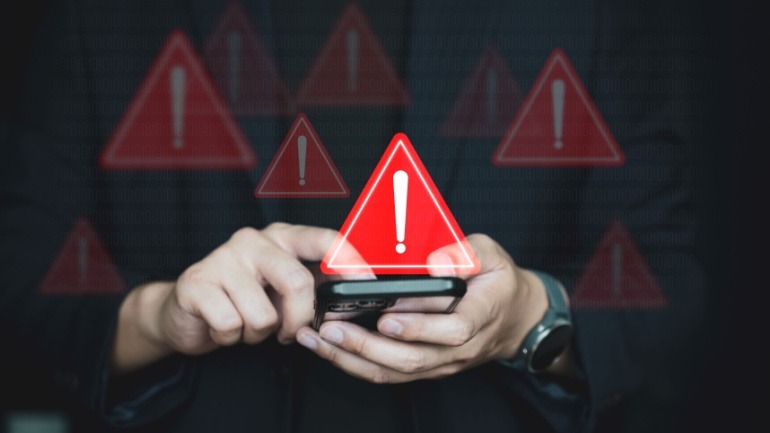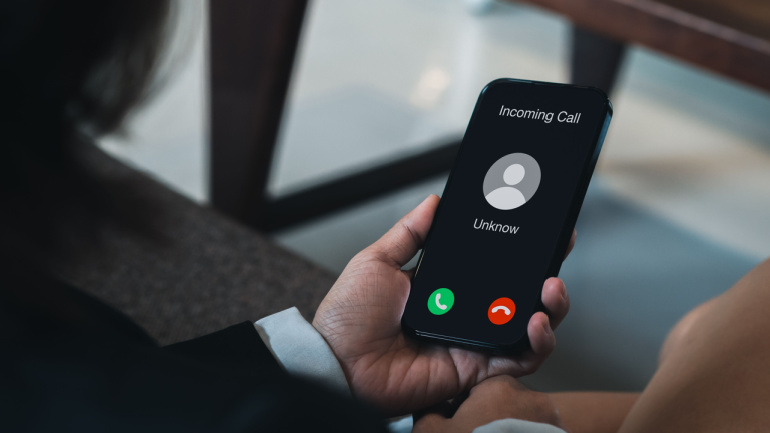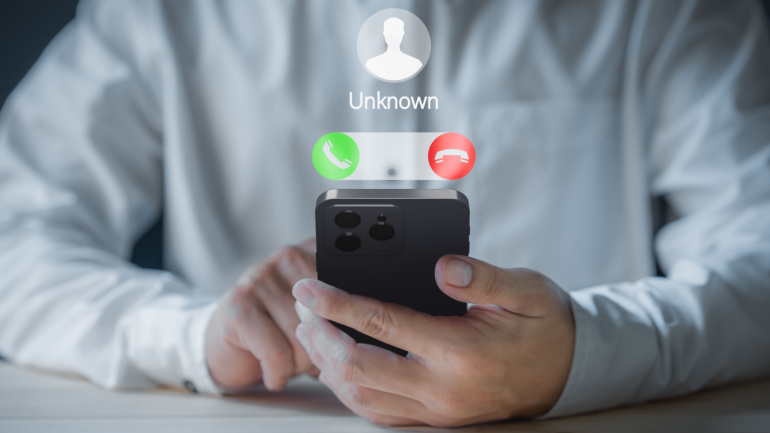O2 is combating scam calls with AI-powered detection, flagging 150 million suspicious calls since partnering with Hiya. Common scams involve fraudsters posing as HMRC, Amazon, or banks. AI-driven efforts have reduced answered spam calls by 42%
Virgin Media O2 introduces Daisy, an AI-driven virtual assistant, tackling phone fraud by engaging scammers in conversations for up to 40 minutes. Part of the “Swerve the Scammers” initiative, this tool combines AI with insights from YouTube scambaiter Jim Browning to protect potential victims effectively, ensuring scam prevention.
BT’s Enhanced Call Protect service has revolutionized phone scam prevention on their Digital Voice platform. Leveraging hi-tech software and artificial intelligence, BT has blocked 2.4 million scam calls since May 2024. Collaborating with Hiya, the service employs machine learning to enhance scam detection, ensuring customers remain secure from vishing threats.
Ofcom, the UK’s communications regulator, introduces robust measures to combat scam calls from abroad. By mandating that phone companies block calls with fake UK landline numbers, Ofcom aims to curb ‘spoofing’ and protect consumers. With BT successfully blocking up to one million calls daily, the initiative promises enhanced public safety and fewer scam calls.
Robocalls and scam calls plague phone users, causing financial loss, identity theft, and emotional distress. These deceptive tactics exploit advancements in technology. Fortunately, individuals can fight back with call blocking apps, Do Not Call lists, and authentication technology. By working together, we can reduce the impact of robocalls and scam calls.
Vodafone Carrier Services, the wholesale arm of Vodafone Business, has introduced Scam Signal, an API aimed at countering impersonation scams, particularly within the realm of Authorised Pushed Payment (APP) fraud.
This new API, Scam Signal, has demonstrated promising results, boasting a 30% improvement in scam detection during a successful pilot with a UK bank over three months.
In the digital age, the line between authentic and fake communication has become increasingly blurred, with the rise of generative AI posing new risks to cybersecurity. Recognizing and averting phishing attempts has become a crucial skill, but even the experienced can fall prey to cunningly crafted scams, as one individual discovered.
In a groundbreaking move against the scourge of robocallers, the Federal Communications Commission (FCC) has announced a historic forfeiture of $300 million, showcasing their unwavering commitment to tackling the issue head-on. However, the question of when this record penalty will actually be paid remains an uncertainty.
In a collective effort to combat the rampant issue of scam calls, the Federal Trade Commission (FTC) joined forces with the Federal Communications Commission (FCC), state attorneys general, and various state and federal agencies to announce “Operation Stop Scam Calls” on July 18. This initiative brought together 102 participants, resulting in a total of 180 enforcement actions taken at the state and federal levels.
The Federal Communications Commission (FCC) has announced the introduction of a new set of rules aimed at protecting consumers from scams that attempt to take control of their cell phone accounts. FCC Chair Jessica Rosenworcel stated that these rules will ensure individuals maintain their freedom to choose their preferred device and provider while safeguarding them against fraudulent activities.













